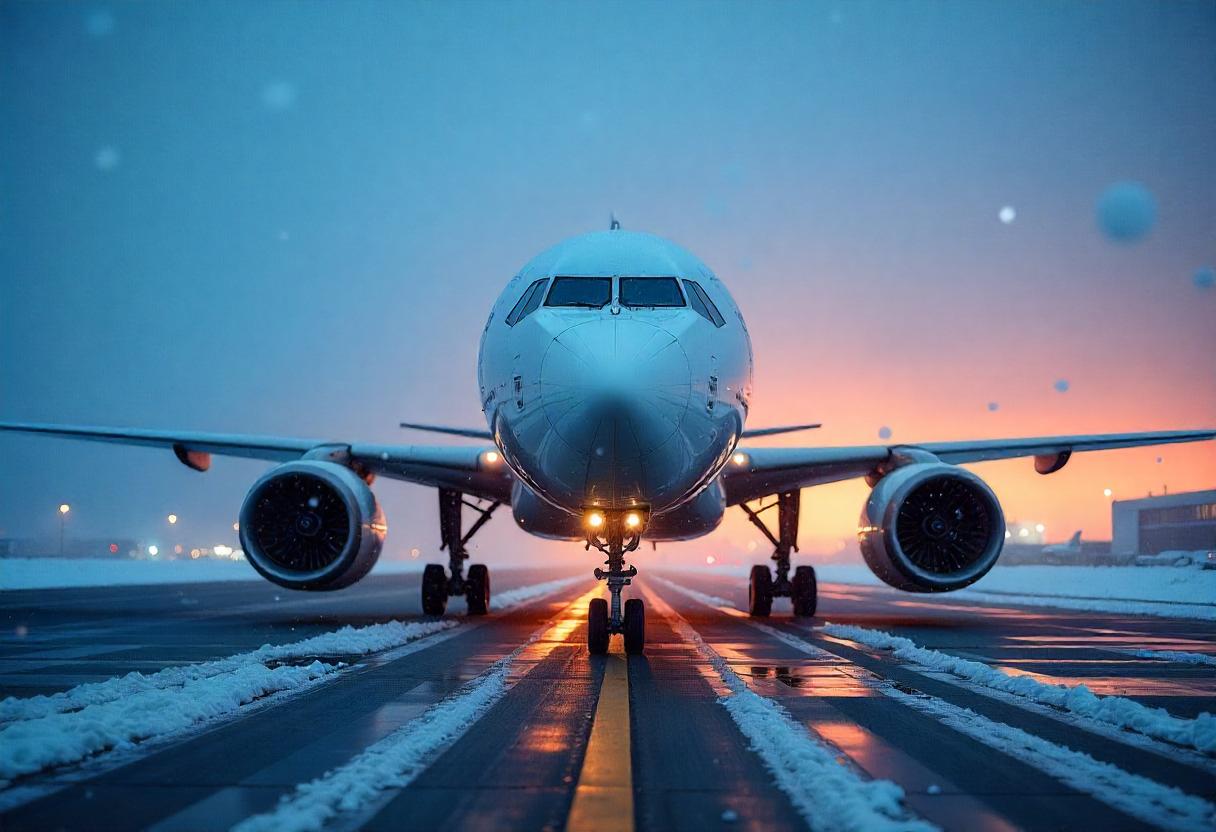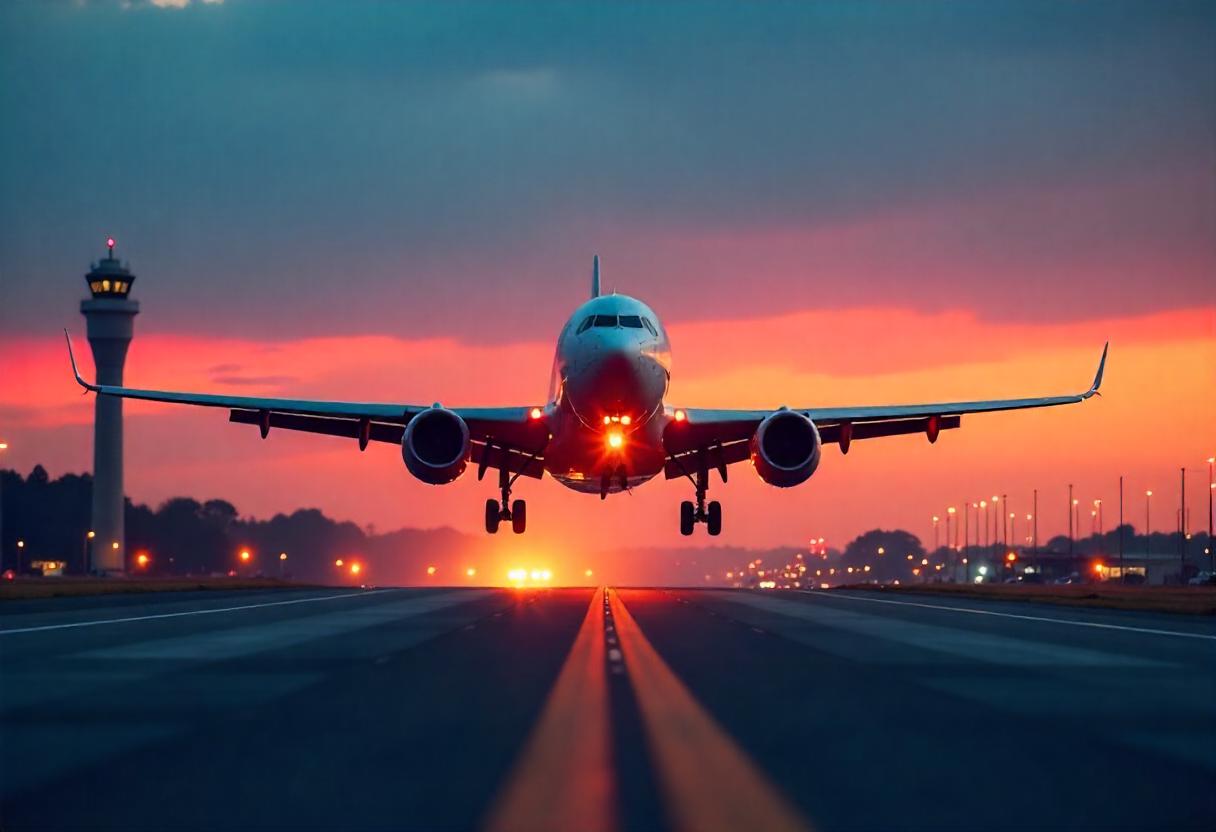British Airways Flight with Two Hundred Sixty-Two Onboard Returns to Chennai as US-Iran Conflict Closes Middle East Airspace :New Update - Travel And Tour World
Monday, June 23, 2025

Chennai, June 22 – A British Airways flight bound for London was forced to turn back and return to Chennai International Airport early Sunday morning after parts of Middle Eastern airspace were closed due to escalating military tensions between the US and Iran.
Flight BA276, operated by a Boeing 777, had initially departed from Chennai at 6:24 a.m. – nearly an hour later than its scheduled departure time of 5:35 a.m. The aircraft, carrying 247 passengers and 15 crew members, was well into its journey when the crew received an urgent update that key sections of Middle Eastern airspace had been shut down, making the flight’s original route to London impassable. The aircraft had already crossed Bengaluru and was cruising above the Arabian Sea when it received the notification about the airspace closure.
The closure of airspace came in the wake of US military strikes on Iranian targets overnight, leading to regional authorities in the Middle East closing off key air routes for civilian flights as a precautionary measure. The unexpected airspace restriction created a serious challenge for the aircraft, forcing the pilot and flight crew to make immediate contact with both Chennai and London air traffic control centers to assess the best course of action.
After a swift consultation with air traffic control authorities, it was determined that the safest option was to return to Chennai, prioritizing the safety of passengers and crew. Given the sensitive nature of the situation, the flight crew followed the directive and turned the aircraft back towards Chennai, ensuring there were no risks to those on board.
The Boeing 777 made a safe return and touched down at Chennai International Airport at approximately 10:00 a.m. The aircraft was directed to a remote bay, allowing passengers to disembark in an orderly manner. All 262 people on board, including passengers and crew, were confirmed safe and without incident. Local authorities at the airport moved quickly to offer assistance to the affected travelers, directing them to lounges and nearby hotels where they could rest and receive updates on their travel status.
British Airways addressed the situation by releasing a statement confirming the flight’s return to Chennai, highlighting that they would evaluate the situation further and explore alternative travel arrangements for passengers. The airline assured passengers that safety remained its top priority and indicated that further updates would be provided once alternative routes were confirmed or once airspace restrictions were lifted.
The unexpected return of the flight led to confusion and concern among passengers, with many left uncertain about the next steps in their journey. While British Airways worked to find new arrangements for onward travel, other flights departing from Chennai to Gulf destinations also experienced significant delays due to the regional airspace shutdown. The disruptions had a ripple effect throughout the airport, impacting numerous flights and causing frustration among passengers.
Flights bound for Kuwait, Doha, Dubai, Sharjah, and Abu Dhabi faced major delays as a result of the airspace closure. For example, a Kuwait Airways flight that was originally scheduled to depart at 3:30 a.m. was delayed by more than two hours and eventually took off at 5:40 a.m. Likewise, both Qatar Airways’ service to Doha and Emirates’ flight to Dubai faced delays of almost an hour. The delays in departures added to the uncertainty at the airport, with many travelers unsure of when they would be able to board their flights.
This incident further underscores the growing influence of geopolitical tensions on global air travel, especially in the Middle East. The region serves as a critical air corridor for flights traveling between Europe, Asia, and North America. The closure of vital airspace, particularly over conflict zones, can have far-reaching consequences for flight schedules, causing delays, cancellations, and rerouting of flights.
As tensions in the Middle East continue to rise, passengers traveling to or through the region are advised to stay in touch with their airlines for the latest updates regarding potential flight disruptions. Airlines are working closely with air traffic control authorities to ensure the safety of passengers, but with airspace restrictions in place, delays and changes to flight schedules are likely to continue.
In addition to immediate delays, the event highlights the vulnerability of the global aviation network to geopolitical instability. The Middle East’s airspace is crucial to international aviation, and the impact of any disruption is felt worldwide, affecting travel between major cities and regions.
Passengers who are affected by the ongoing airspace restrictions are encouraged to remain flexible with their travel plans and prepared for potential further delays and re routings. Airlines are committed to minimizing disruptions where possible, but the unpredictability of geopolitical developments means that travelers should anticipate potential changes in their itineraries.
In conclusion, the forced return of British Airways flight BA276 to Chennai due to the closure of Middle Eastern airspace is a reminder of the significant and widespread impact of geopolitical instability on global air travel. As the situation in the region continues to evolve, travelers are urged to stay informed, be prepared for potential disruptions, and maintain flexibility in their travel plans. The disruption caused by this incident serves as a stark example of how global aviation networks can be affected by tensions in sensitive regions, and how travelers must remain adaptable in such situations.












